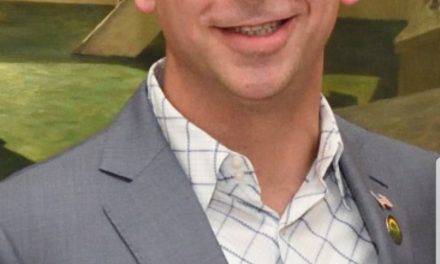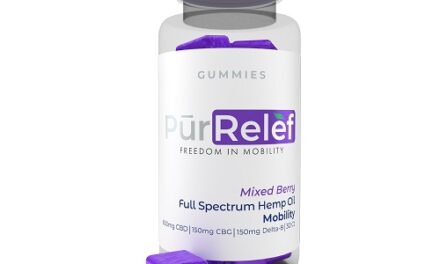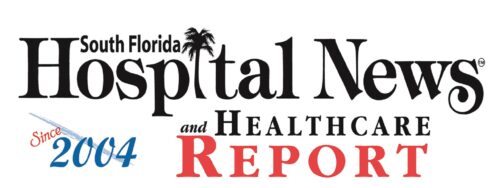
What benefits do you see for patients throughout Florida within this space?
I love how customizable cannabis medicine regimens can be for patients. I see my role to help educate patients about their medication options (dosing, routes of delivery, cultivar selections), then help the patients figure out what works best and fits best in their lives. It is never a one size fits all like the traditional pharmaceutical market so often is. Symptoms, whether pain, anxiety, or nausea are rarely the same every day, why should medication be the same? Patients once educated have the freedom to adjust doses or routes as needed. With no physical addiction like opioids or benzodiazepines induce, patients can also abstain from cannabis if life situations require it. Cannabis offers more flexibility for patients, which allows the patients to have more control over their own health. I believe this fosters a better doctor/patient relationship. Patients are actively participating in their treatment choices instead of being force-fed multiple prescriptions without much say-so in their health care regimen.
What motivates you to be a part of the cannabis Industry?
I don’t think anyone who sees firsthand the huge differences this plant makes in so many people’s lives could stay away. My favorite feedback is when the patient’s spouse tells me “I got the person I married back” or the patient tells me “I got my life back”. Cannabis seems to be the thermostat in our bodies, helping reset body systems that have gotten out of balance. It is so rewarding to help people in need learn to find this balance again. Over the last few months, I have been more politically motivated that I was when initially entering the cannabis space. Florida has come a long way, but still has a long way to go. So many of my patients are disabled, on fixed incomes, or otherwise not always able to advocate for themselves. Even though I am naturally quite introverted, I have been able to speak in Tallahassee and with local news outlets to help advocate for my patients in the Florida legislature.
When did you start your practice in the cannabis space?
I started my own practice (Medical Cannabis Clinic of Florida) in August 2016. Initially it was just me doing everything – answering phones, scheduling appointments, checking in patients. After about 6 months, I added my first employee. In September 2017, my company bought into MMTC of Florida, (which had also started in late 2016 in the Tallahassee area). With my MMTC partners, I was able to add additional physicians and locations in Fort Walton Beach and Panama City. While MMTC of FL has twenty-three offices throughout the state, I personally oversee patient care in the 5 most western counties (Bay, Okaloosa, Walton, Santa Rosa, and Escambia).
What is your specialty relating to treating patients with cannabis?
I am a board-certified pediatrician but see mostly adults in my cannabis practice. In medical school, I did not think I would enjoy working with elderly patients, but I am happy to report I was wrong. My oldest cannabis patient is 103 (never thought I would say that as a pediatrician!) In my opinion, pediatrics and cannabis medicine are similar in that there is lots of patient education involved. Now instead of teaching parents about car seats and feeding schedules, I am explaining differences in terpenes and modes of cannabis delivery. I have learned that educating others on issues I am passionate about gives me job satisfaction, regardless of the patient’s age. I also love how much I learn from my patients, both on cannabis and non-cannabis related issues. Of course, as a pediatrician, I have to know my limits and when to “phone a friend”. I refrain from making suggestions or changes to a patient’s traditional medications, and instead recommend the patient bring up weaning of medications with their prescribing providers.
How did you get started within the cannabis industry?
“Kids to Cannabis-Welcome to my Midlife Crisis” would be my book title. I actually give the credit to the State of Florida Department of Health. In early 2016, the proposed Amendment 2 was in the news, and the original low THC CBD only program was starting in Florida. I realized I had learned nothing about medical cannabis in medical school and decided to take the 8-hour physician course as continuing medical education to increase my knowledge in the subject. Little did I know, the Department of Health was publishing all physician names, with addresses and phone numbers who took the class, as a service to help patients find certified physicians. Imagine my surprise when one of my pediatric nurses came to me in utter confusion when a 68-year-old with cancer was calling our office to schedule an appointment with me for cannabis certification. The calls continued and I realized there was truly a need for someone to help these patients in northwest Florida. After a few weeks, I found another pediatrician to job share my pediatric practice and leased separate space to start a cannabis practice. After a year of splitting my work week between General Pediatrics and Cannabis medicine, I left my pediatric practice and haven’t looked back. Almost 5 years later, I am proud to have approximately 3,300 active patients, and am very grateful to the Florida DOH for helping give me that nudge into my midlife career change.
Do you see Florida moving forward with recreational Marijuana/cannabis and how will that affect your business?
Eventually, yes, I believe Florida will have a legalized recreational market. However, with the recent Supreme Court ruling against the Make It Legal Florida ballot measure language, I do not foresee the recreational market coming to fruition for at least four more years. If you look at other states that have recreational markets though, medical markets still exist, so there will still be a need for cannabis physicians, albeit a fewer number. Medicine is not taxed, and most recreational states have high taxes levied on cannabis products. Additionally, medicinal products often are allowed to have stronger potencies than products on the recreational market. Therefore, even with the price of the physician visit and state card, it can still be cost effective for patients to stay in the medical cannabis system.










